Getting married on the beautiful coast, stunning landscapes, and romantic history of Portugal has become a dream destination for couples looking to tie the knot. Whether you're drawn to the vineyards of the Douro Valley, the golden beaches from the Algarve, or the charming capital, Portugal definitely offers a wide array of magical backdrops for your destination wedding.
But before you walk down the aisle in this picturesque country, there are a few things that are crucial for you to understand. In case you do not aspire to a symbolic ceremony and prefer a legally-binding wedding, you must know the criteria and the requirements.
Here's everything you need to know to turn your wedding official and hassle-free.
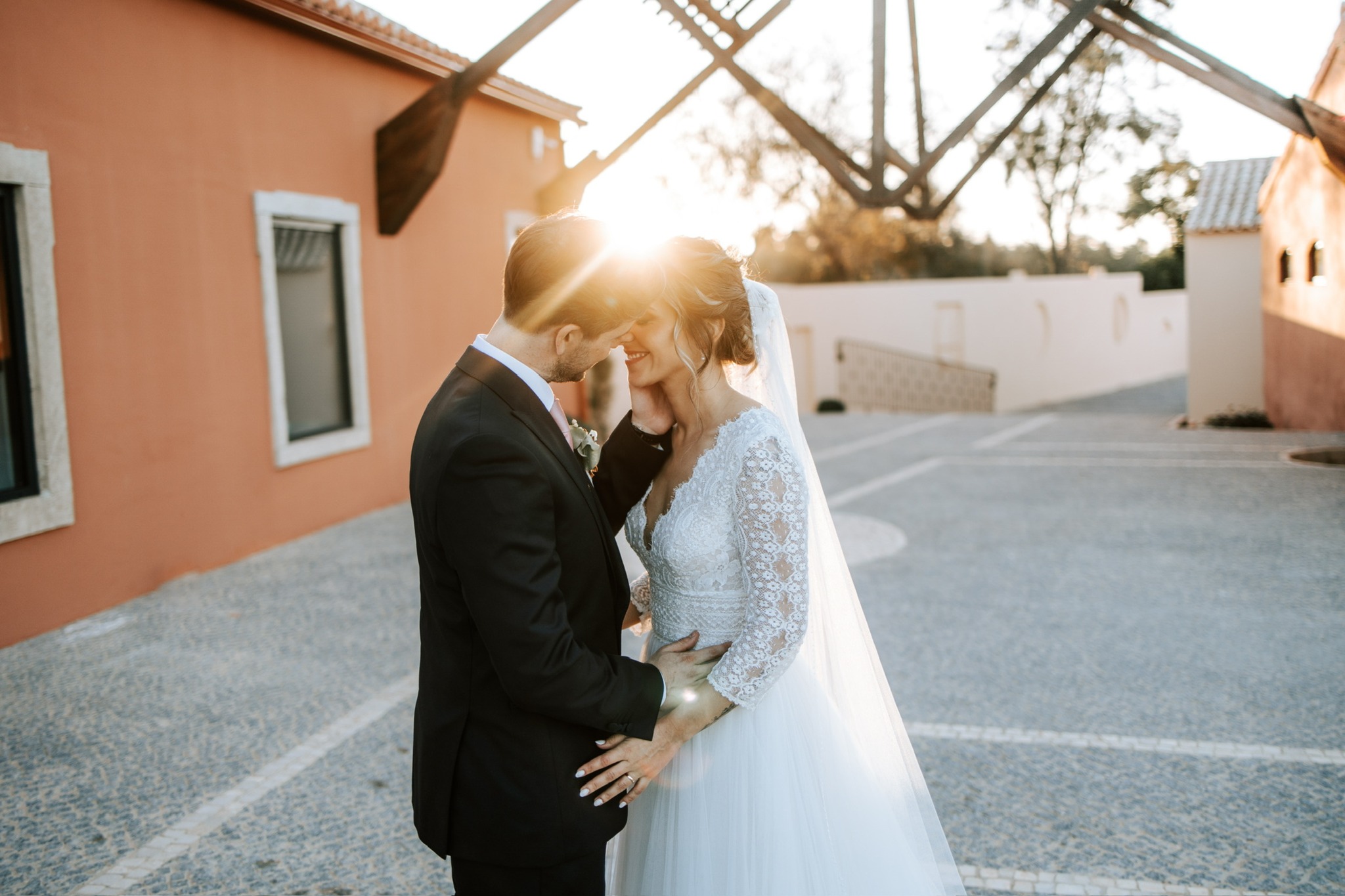
Before we go through all the requirements, Portugal has a very lenient and uncomplicated system for a legal wedding. You don't need to be a resident, a citizen, own a property in the country or a relative living here to qualify for a legal wedding.
Unlike other European countries that require venues to have a special license to hold legal weddings, the reality is quite different in Portugal.
Even beach weddings are legally-compliant in Portugal with a single requirement - a marine police licence that needs to be secured before your wedding day.
Eligibility to marry in Portugal
To tie the know and exchange the "I do's" in Portugal, you must the following eligibility criteria:
- Age requirement: both parties must be at least 18 years old.
- Singles status: you must be unmarried, divorced, or widowed to get married in Portugal.
- Capacity to marry: both must be of sound mind and able to make decisions freely without coercion.
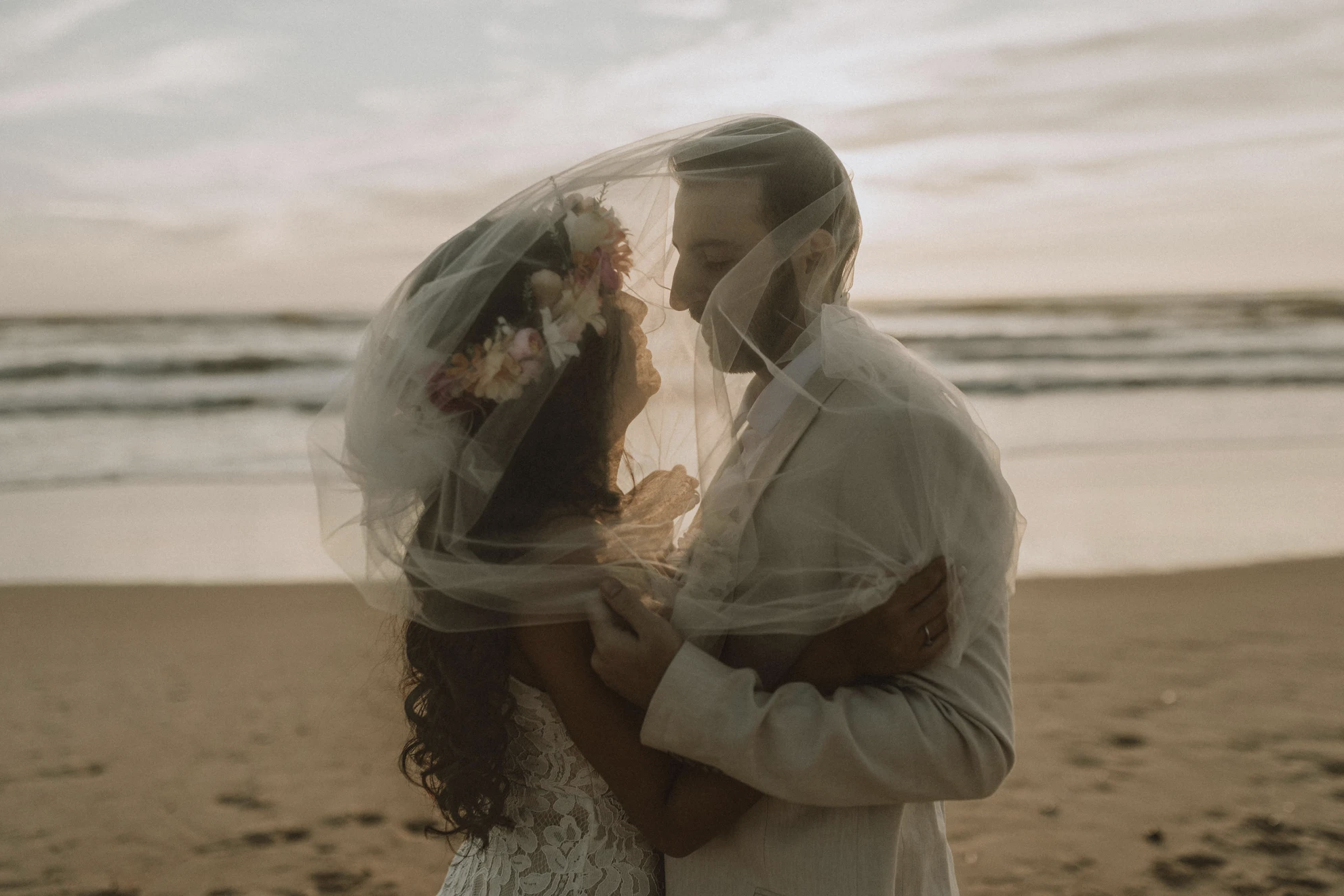
Residency requirements
As mentioned before, one of the most appealing aspects of hosting a destination wedding in Portugal is that the couples are not required to be resident.
However it is important to plan everything well in advance as the paperwork can actually take some time to organize, especially for non-residents.
Documents and paperwork for a legal wedding
Just like in most European countries, couples need to provide specific documents to the registry office of Portugal, if you want your wedding to be legally biding:
- Birth Certificate: it has to be the original birth certificate, issued within the last six months.
- Passport and/or residency permit: residents in Portugal are required to present their resident card and passport. However, if you are not a resident, you must only show your passport as proof of identity.
- Divorce or death certificate: if you have been married before, you must secure a certified copy of the final divorce papers, or a certified copy of the death certificate or the previous spouse for those who are widowed, both also issued within the last six months.
- Certificate of no impediment to marriage - certificado de capacidade matrimonial: this document proves that you have the legal capacity to get married. Note that this document must be obtained from your embassy or consulate in Portugal.
Keep in mind that all documents above must be translated to Portuguese and notarized locally, and the ceremony must also be in the Portuguese language. With that being said, you will most likely need a translator on the big day.
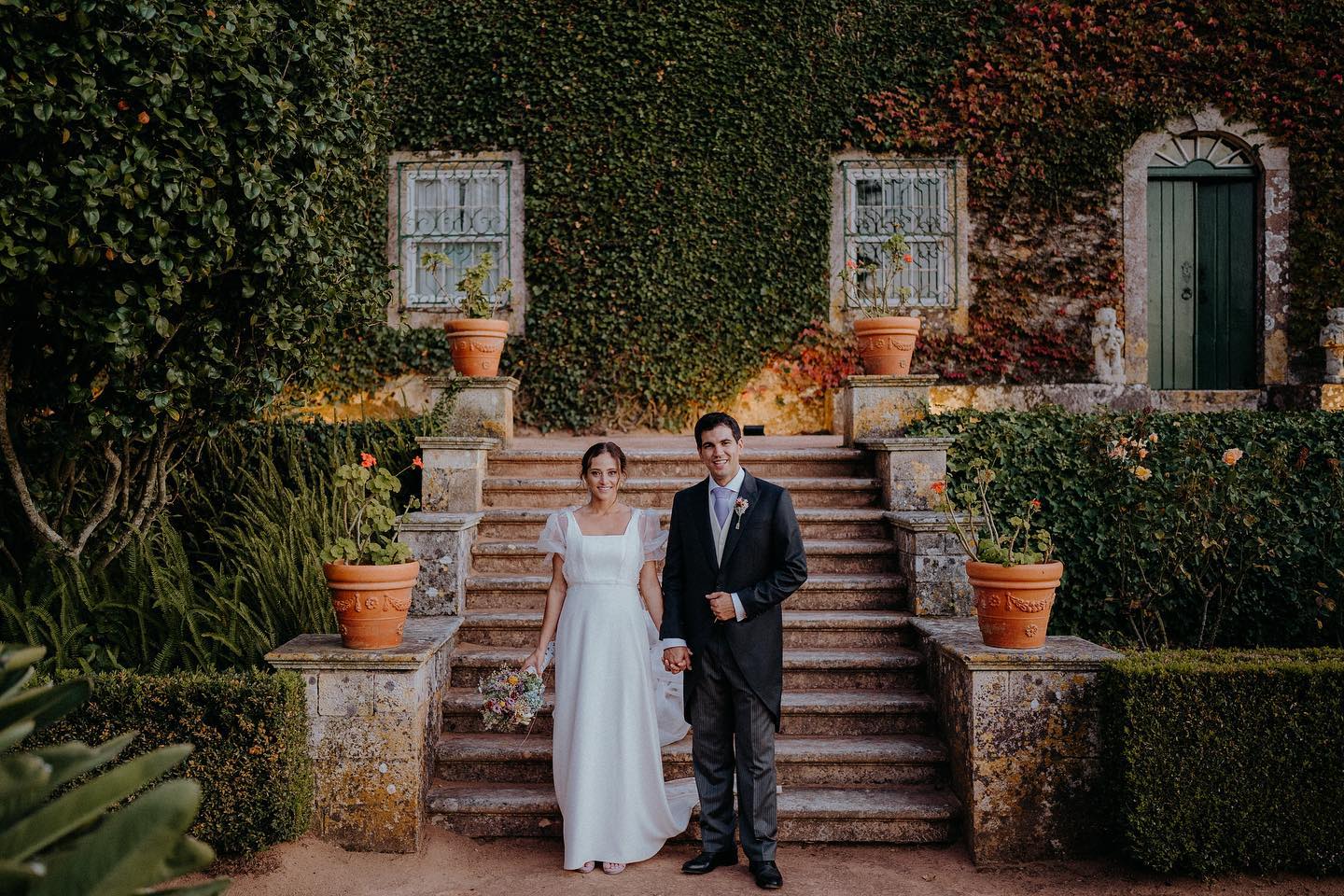
The application process
Couples that dream with a destination wedding in Portugal must take care of the civil marriage application at a local Conservatória do Registo Civil (Civil Registry Office).
All the couples can apply directly at the office or appoint a lawyer or representative to do so on their behalf. The application usually involves the following steps:
- Submission of all required documents to the registry office.
- The registry will process the application, which takes around two to three weeks.
- Once approved, the couple can immediately choose a wedding date.
Religious ceremonies
Religious ceremonies can take place in churches, synagogues, or mosques depending on your religion and faith. Portugal recognizes religious marriages as legally binding, provided they comply with civil law requirements.
So, for Catholic weddings, the couple must provide:
- Baptismal certificates.
- A letter of consent from their parish priest.
- Proof that they have undergone pre-marital counseling.
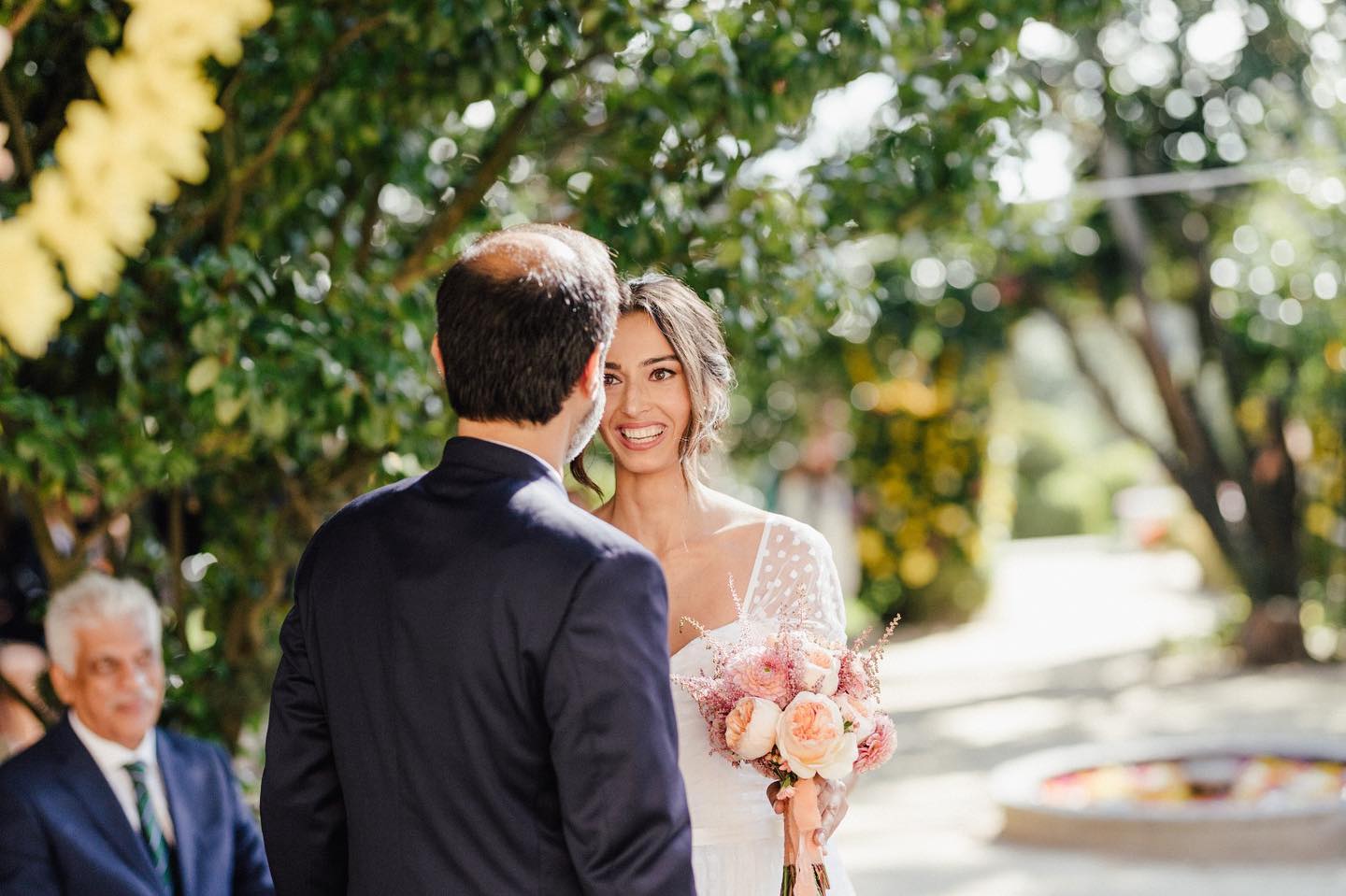
After the wedding: registering the marriage
After the big day, the marriage must be officially registered with the Portuguese authorities. On the one hand, for civil weddings, this happens automatically. On the other hand, for religious weddings, the officiating priest or religious leader must send the marriage certificate to the civil registry office to complete the process.
Once this process is completely done, congratulations, you are officially married!
Hiring a wedding planner or legal advisor
Due to the legal paperwork and language barriers, many couples opt to hire a wedding planner or a legal advisor who specializes in destination weddings. These professionals can guide you through all the bureaucracy, ensuring that your documents are correct, and liaise with local authorities on your behalf.
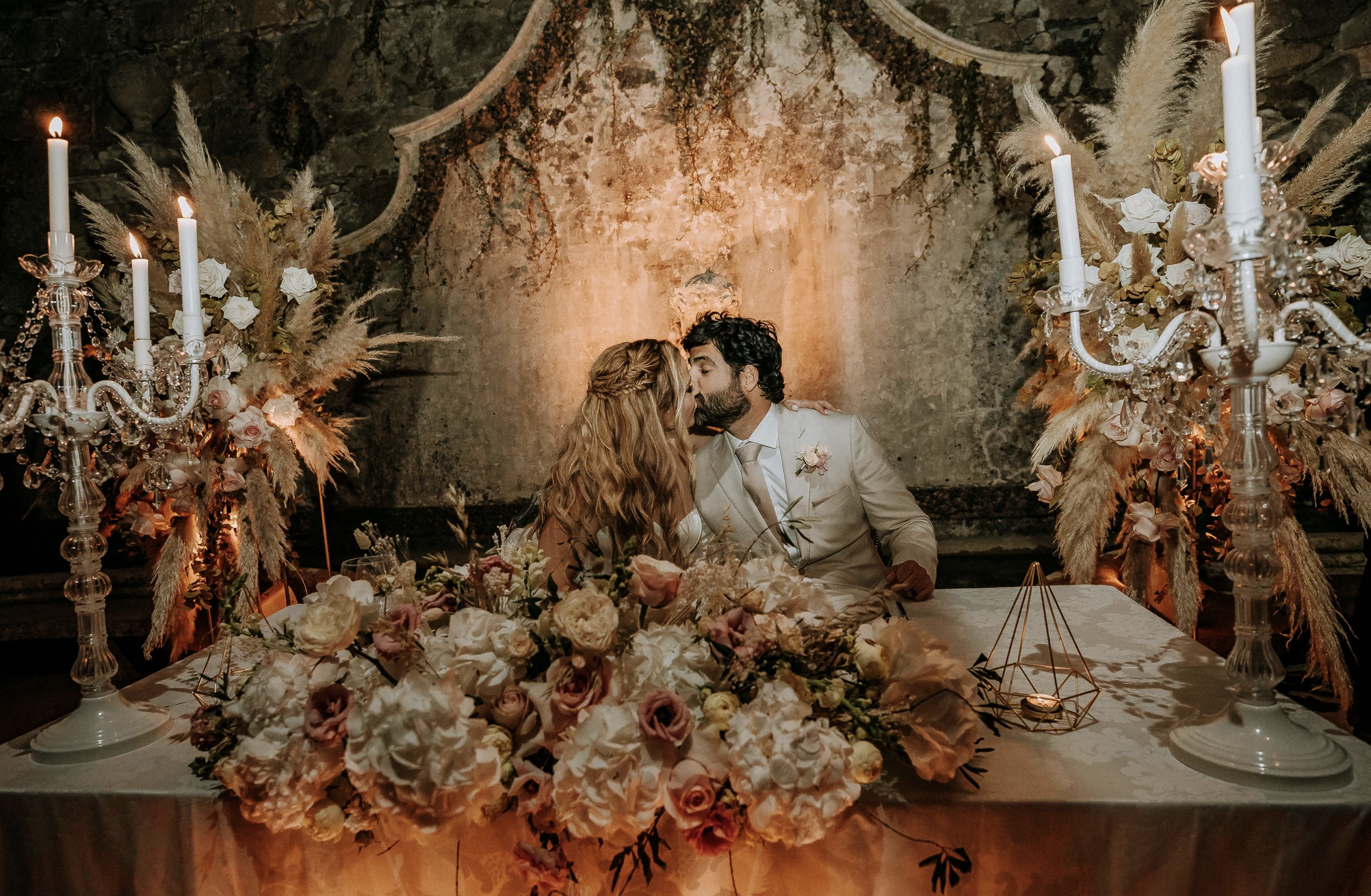
Hands down that getting married in Portugal is an unforgettable and magical experience, but it is essential to be aware of the legal requirements to ensure your wedding is both beautiful and legally compliant. Once you understand the paperwork, requirements, timelines, and processes, you can start planning the day you have been dreaming of.
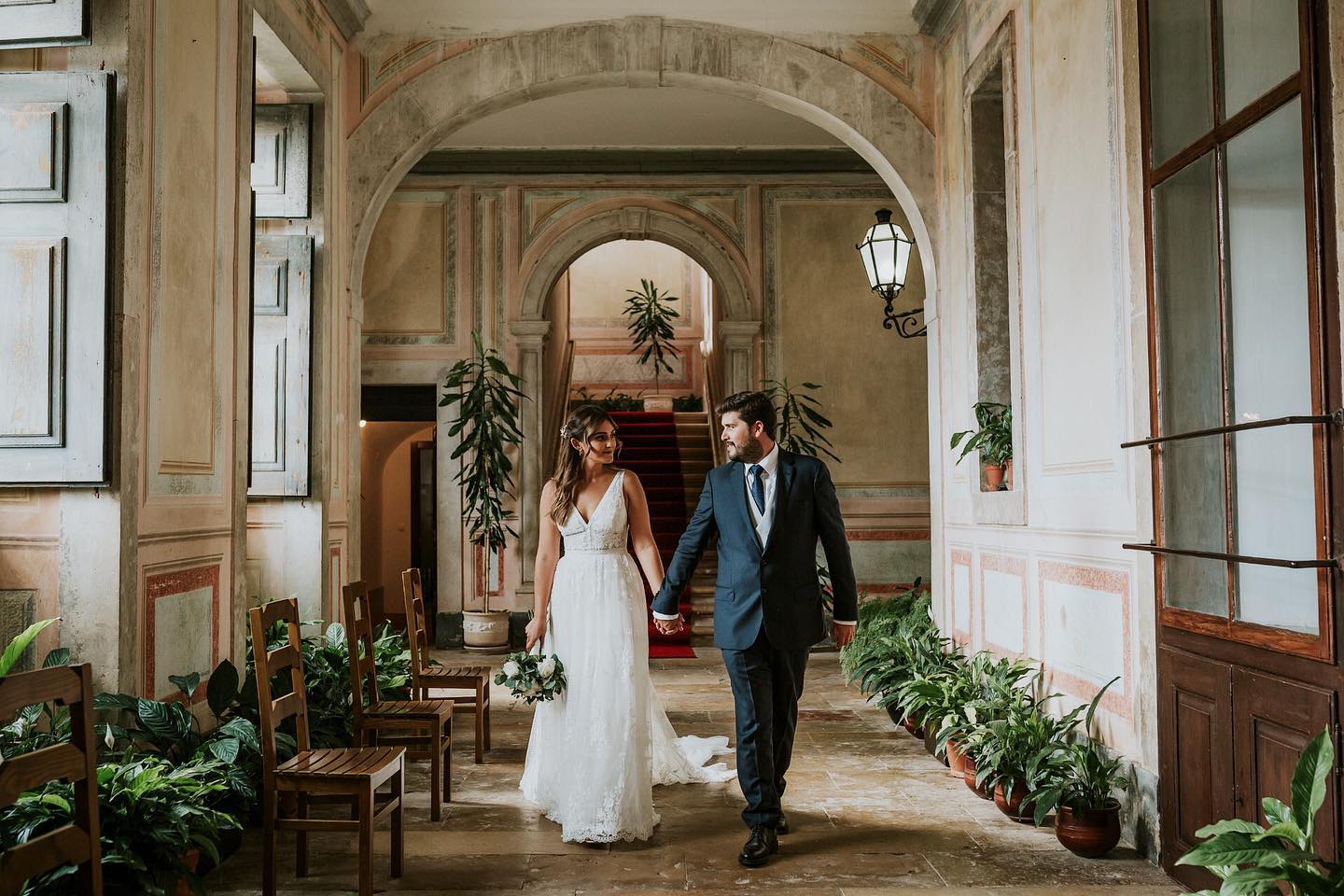
Comentários ()
Dê-nos a sua opinião